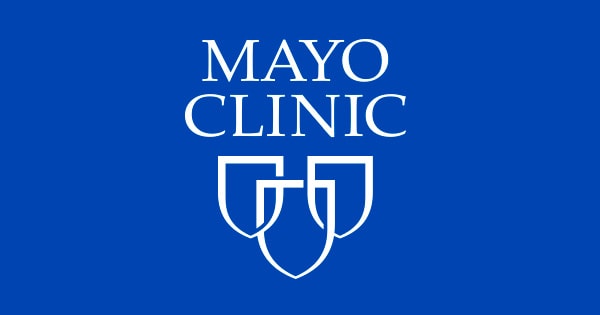By Anne McIntyre
October 2007
If one can broadly categorize eczema or vicharchika, into three types, Vata, Pitta and Kapha, then herbal and dietary treatment is fairly straight forward and it is my experience that it generally works well. It is not hard to see how most skin problems fall easily into these categories:
Vata type: The skin tends to be rough, dry, hard, itchy and scaly. There may be associated constipation, wind and distension, anxiety and insomnia. The skin is aggravated by cold, wind, dryness and stress and relieved by the application of oils, especially sesame.
Pitta type: The skin is hot and inflamed; it is aggravated by heat and heating foods, exposure to the sun and application of most oils, reflecting a state of heat and toxicity in the body. There tends to be burning, redness, oozing, swelling and infection which can be associated with fever, irritability and feeling of heat.
Kapha type: Kapha skin problems are often accompanied by mucous congestion, lethargy and sluggish metabolism. The skin tends to be cold, clammy, sticky, oozing, swollen and itchy, with a pale complexion. It is aggravated by cold, damp, application of oils and eating dairy products and sugar.
Eczema is more common in Pitta types as Pitta can overheat the blood (Rakta dhatu) and predispose to toxic conditions which are expressed through the skin. Factors causing such skin problems include poor digestion (low agni), toxins in the bowel (ama), incorrect diet, over use of sour, salty, or pungent tastes, heavy, sweet or oily foods, as well as over-use of cosmetics, perfumes, synthetic creams, etc.
For General Treatment of Eczema
Useful herbs include Turmeric, Barberry root (Berberis vulgaris), Sariva (Hemidesmus indica), Gotu kola (Centella asiatica), Manjishta (Rubia cordifolia), Sandalwood and Guggul (Commiphora mukul) for acute cases. For chronic cases, tonic herbs such as Bala (Sida cordifolia), Licorice root, Shatavari (Asparagus racemosus) and Gokshura (Tribula terrestris) are recommended, once diet and gently detoxifying herbs have been used and the tongue is cleaned. Triphala (a formula of Emblica off., Terminalia chebula and Terminalia belerica) is excellent for clearing toxins, by taking half a teaspoon of the powder in a little warm water at night.
Turmeric, with its effective anti-inflammatory action, is one of the best herbs for all skin problems used both orally and topically. A key constituent, curcumin has anti-inflammatory, antibacterial and antioxidant effects (Araujo CC et al, 2001), whilst combined curcuminoids appear to help protect epidermal skin cells from free radical stress. (Bonte F et al, 1997). Being a polyphenol, the compound curcumin stabilizes collagen (Landis and Khalsap p.342, 1998) and is good for all connective tissues.
Ghee is considered excellent for external use in skin problems such as rashes and burns. Aloe Vera gel is another beneficial application for most skin problems and can be mixed with a pinch of turmeric powder, as is the juice of coriander leaves. Neem oil can be very effective. Saffron is a specific herb for nourishing the skin and can be taken internally as a milk decoction, (quarter gram per cup), and also used in external skin preparations (Frawley D, 2000). Tea or juice of Tulsi (Ocimum sanctum) leaves can be taken internally and used externally to bathe the skin (Rai Y p.93, 2000).
Vata type eczema: Follow a Vata reducing diet and lifestyle with sesame oil massage and castor oil laxative or enemas. Pungent, bitter and astringent tasting foods should be reduced, while sweet, sour and salty tastes are recommended. Nourishing and cleansing herbs for internal use include Triphala, Guggul, Shatavari, Bala, and Cardamom. Chitrak (Plumbago zeylanica), Guduchi (Tinospora cordifolia), Cardamom and Punarnava (Boerhavia diffusa). Triphala powder mixed in warm water, or Triphala guggul capsules, can be given before bed.
Medicated ghee can be used internally and externally. Useful herbs for medicating the ghee include Triphala, Musta (Cyperus rotundus), Manjishta, Gokshura, Chitrak, Neem, Guduchi, Cardamom, Punarnava, and Vacha (Acorus calamus) root.











